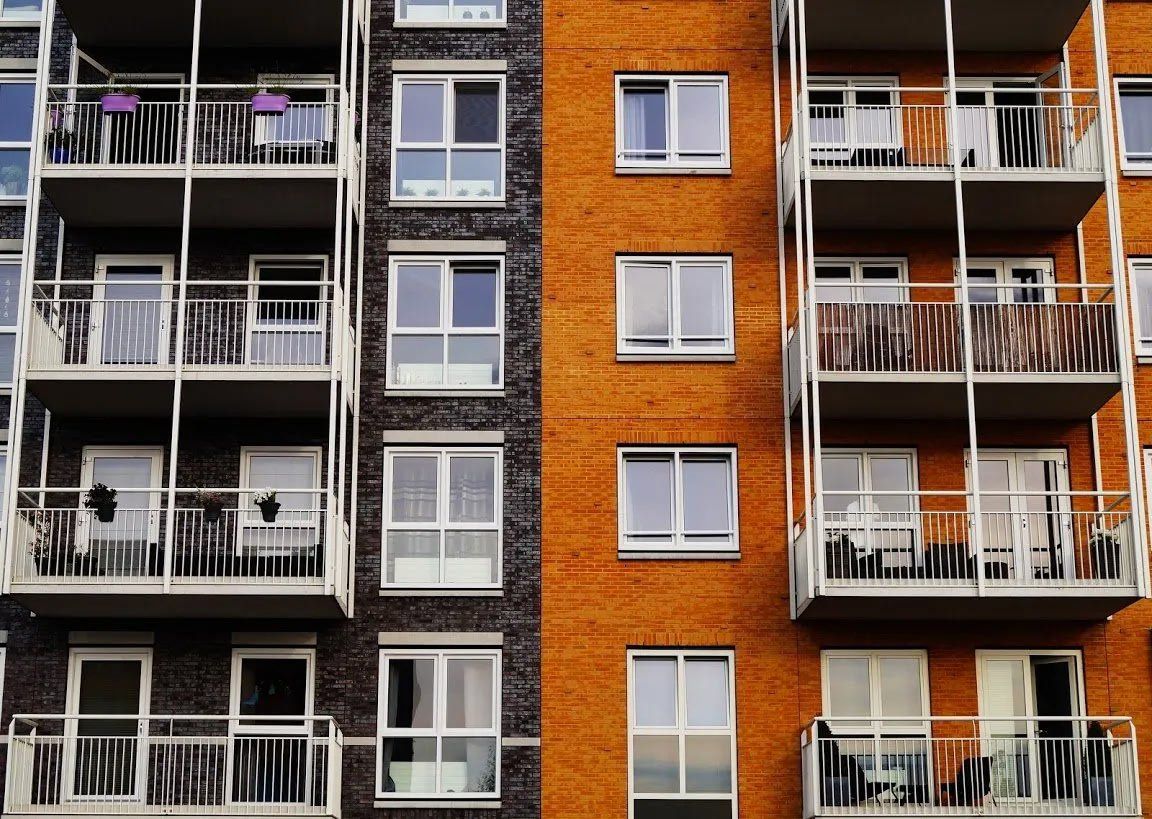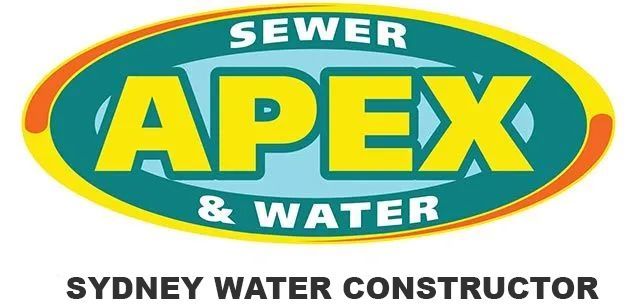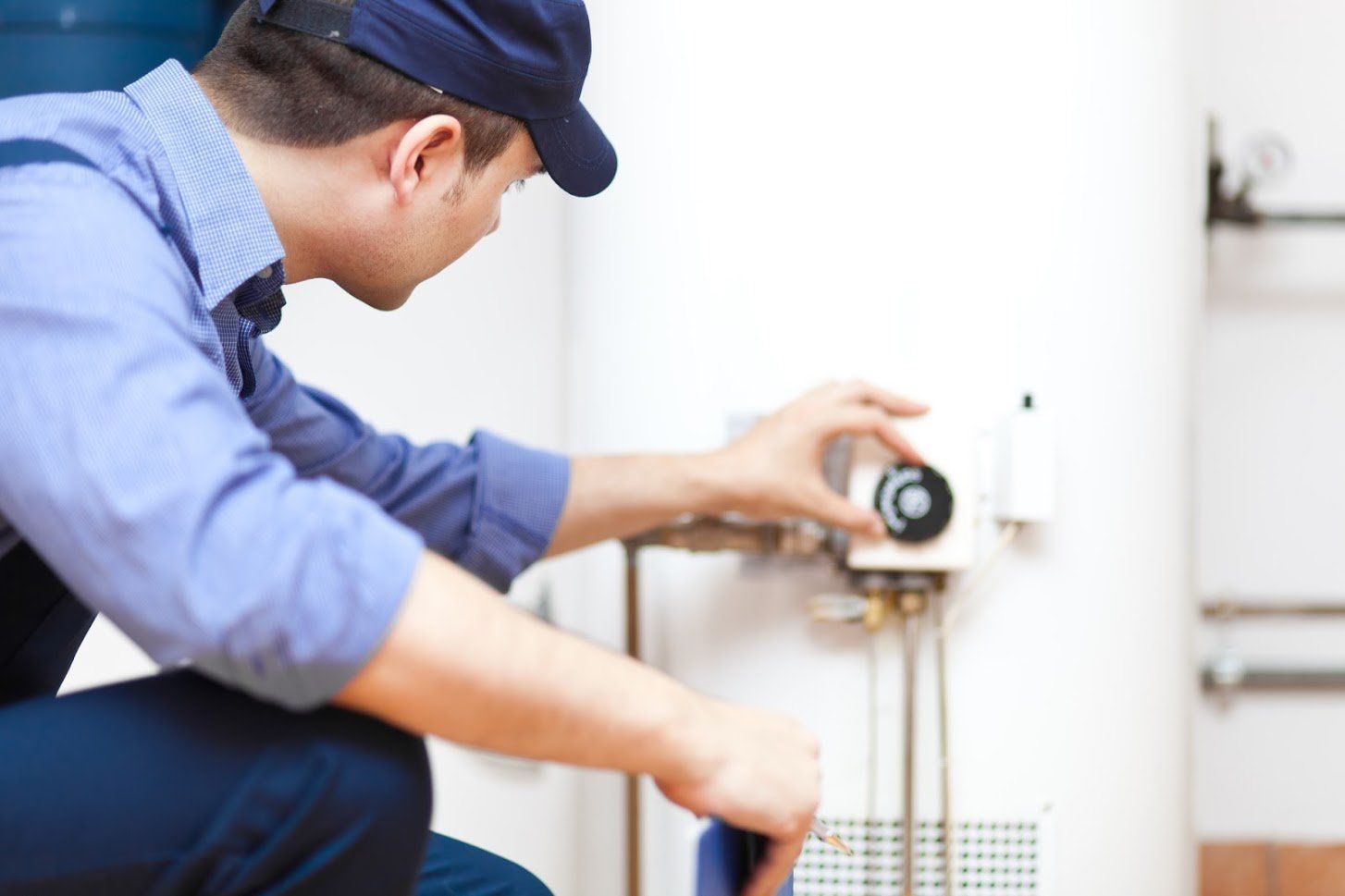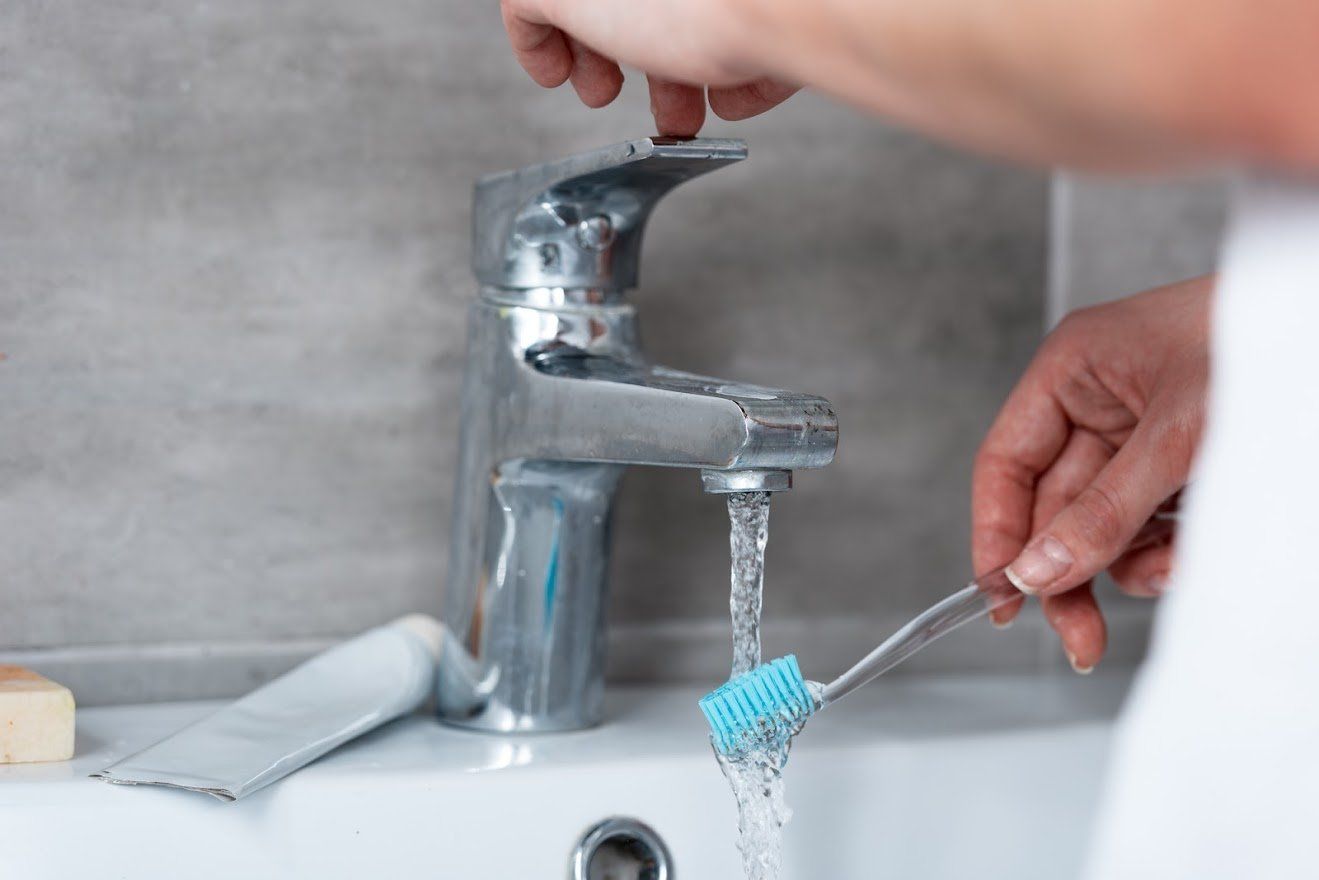Why Install Water Recycling Showers in a New Home Build?
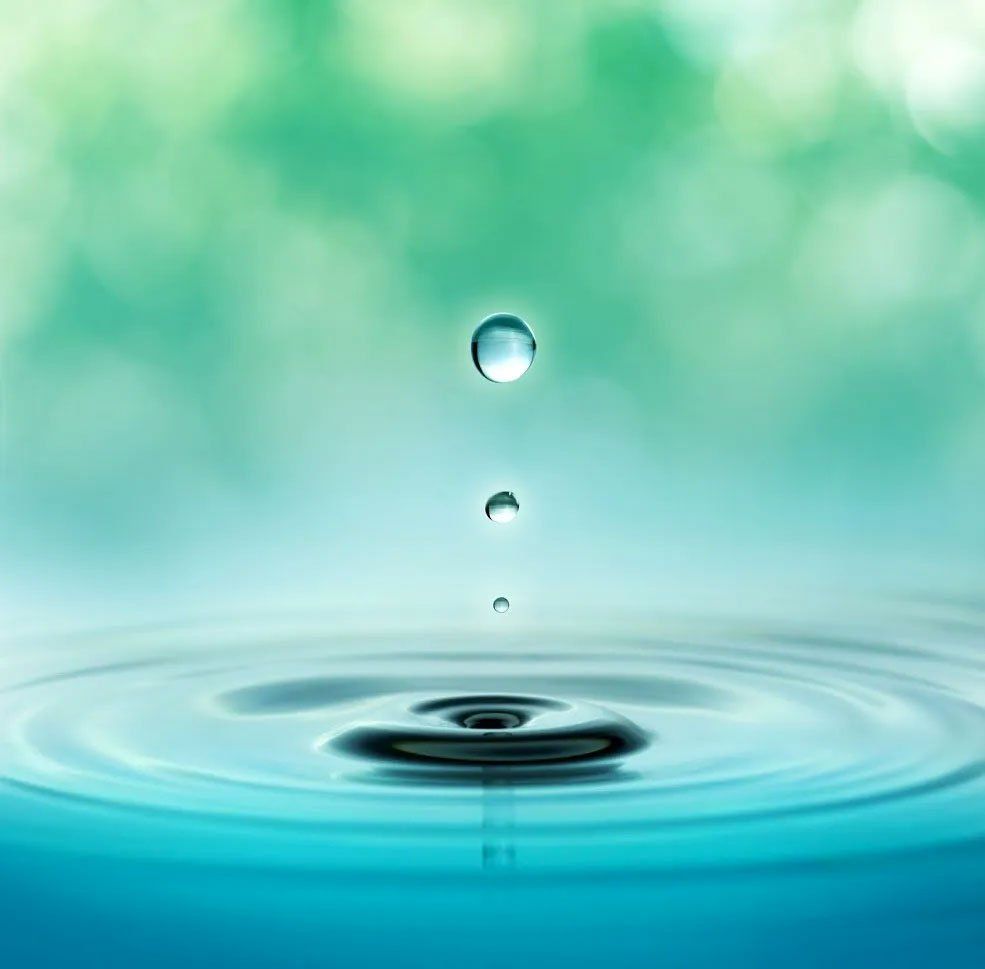
When you build your own house, you get to design your perfect home. You also get the chance to create an effective infrastructure for the property.
For example, when you build from scratch, you can work with your plumber to design a bespoke plumbing system that operates efficiently. This doesn't just give you an effective water supply where you need it, it also ensures that you get an energy-efficient and economical system.
As part of this process, you may want to install devices that reduce your water usage and energy consumption. If you and your family take a lot of showers, and you plan to put a couple of units in your home, then you should look at water recycling systems.
How do these showers work, and what are their benefits?
What is a water recycling shower?
Water recycling showers don't work any differently to regular units in terms of your bathing experience. However, they do deal with the water you use in a different way.
A traditional shower sprays water when it is on. As this water passes over your body, it goes straight down the drain. The shower continues to feed new water out of its head until you turn it off.
A recycling shower uses a limited amount of water to start with. As this water runs down, the unit captures it, gets it ready to use again and then recirculates it through the head.
So, as the shower runs, the water collects at the base of the unit. This water then feeds back through the shower.
As this happens, the unit recycles the water. It filters it and then cleans it up. This often involves a kind of pasteurisation process that heats the water and purifies it before it feeds through the head again. Some systems use ultraviolet light as a cleaning agent. In either case, this process repeats itself for the length of time you take a shower.
What are the advantages of installing water recycling showers?
Showers may use less water than baths, but that doesn't mean that they are completely water- and energy-efficient. When you take a regular shower, the water you wash with goes down the drain. The longer you stay in the shower, the more water you lose.
If you like to take long hot showers, or if you have a large family who all take daily showers, then your water consumption increases. Your usage and heating costs may be higher than you'd like. You essentially pay to run and heat a lot of water that you don't use all that efficiently.
A recycling shower only uses a few litres of water at a time. It doesn't need a constant flow of new water as it recirculates a set amount. You get all the benefits of a regular shower without using as much water.
This also saves energy. If you run a regular long hot shower, then you have to heat a lot of water. A recycling shower also reduces these costs.
These systems heat water from the get-go. So, you don't have to waste cold water while you wait for the shower to run hot. It starts hot.
Plus, you essentially recirculate warm water here. As the water goes through its quick cleaning process, it reheats. It takes less power to heat warm water than cold. So, your shower becomes more energy-efficient. The less energy you use to heat your water, the less you pay.
So a recycling shower could help you reduce your water and energy consumption. However, you won't feel like you are missing out. Apart from its recycling benefits, this kind of shower feels the same as any other.
To learn more about water recycling showers or to discuss your new home plumbing needs, contact S.P.K Plumbing & Civil.
You might also like
